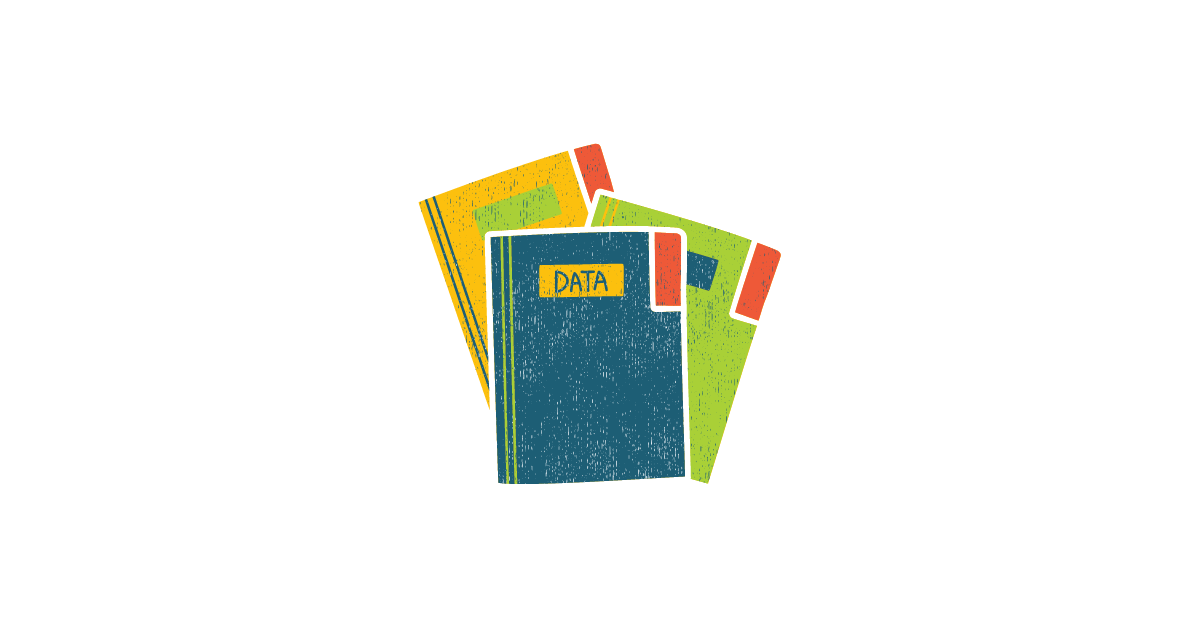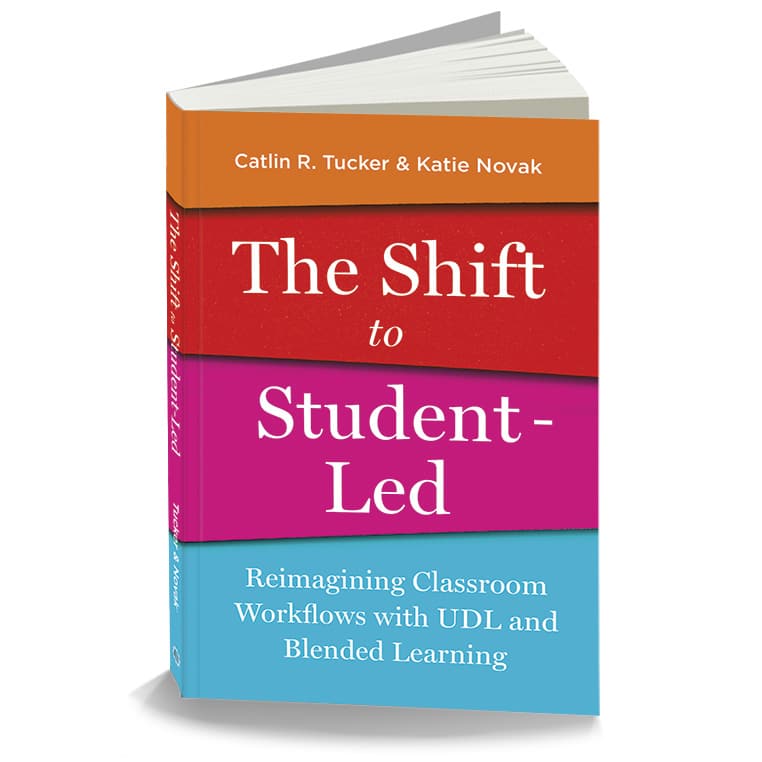How can formative assessment data help students to develop their metacognitive skills?
Formative assessments are ongoing assessments embedded throughout the learning process. These informal assessments provide information to the teacher about students’ understanding of the material being covered and the skills being introduced. This data allows the teacher to identify where students are struggling, where they are excelling, and where they need additional support.
Traditionally, formative assessment has been used as a teacher tool. Teachers collect informal data that helps them design effective lessons and differentiate to meet students’ specific needs. However, formative assessment data can be useful for teachers and students.
- It provides immediate and ongoing feedback to both the teacher and the student.
- It helps to identify a student’s strengths and limitations.
- It can be used to promote self-reflection and self-assessment.
- It allows for timely intervention when students are struggling.
- It provides evidence of progress over time, which can be motivating for students and informative for teachers and parents.
In this workflow shift, Dr. Novak and I want teachers to make formative assessment data available to learners so it helps them to develop a deeper understanding of themselves as learners. Metacognitive skill building is a critical component of cultivating the profile of an expert learner.
Making formative assessment data accessible to students is essential to foster a learning environment that prioritizes autonomy, self-regulation, and reflection. When students can view and interpret their formative assessment data, they can engage in metacognitive processes, such as planning and goal setting, tracking and monitoring their progress, and evaluating and reflecting on their learning.
Planning
By understanding their formative assessment results, students can set informed, realistic learning goals for themselves. They can identify areas of strength to build upon and weaknesses that need more focus, allowing them to strategically plan their approach to learning.
Monitoring
Access to ongoing formative assessment results allows students to continuously monitor their progress toward standards-aligned learning goals. This self-monitoring encourages students to stay engaged in their learning process, identify effective strategies they’ve used, and recognize when they might need to adjust their approach or need additional support.
Evaluating
After completing tasks or assignments, students can use their formative assessment data to evaluate their learning. They can reflect on their progress, the effectiveness of their learning strategies, and their growth over time. This reflective process is key to promoting self-awareness and critical thinking.
In our book, The Shift to Student-led, Dr. Katie Novak and I demonstrate how teachers can use Universal Design and blended learning to create the time and space needed to give students opportunities to work with their formative assessment data in class. We provide a collection of strategies and resources teachers can use to shift formative assessment data from a teacher tool to a metacognitive skill building tool for students.
To learn more about this shift, check out our new book, The Shift to Student-led. If you are interested in a discounted bulk order of 10 or more books, complete this form.




6 Responses
I am a Student Engagement Specialist in a small rural district . I would love to lead a group of our TK-4th grade educators in a book study. Please send me a quote for what 10 books would cost.
Hi Elizabeth,
If you submit this form, the folks at IMpress will provide you with a quote for 10 books.
Here is a book club guide you can use to facilitate conversations with your teachers. I hope you all enjoy it!
Take care.
Catlin
Hi Caitlin,
I am a 4th grade ELA teacher and I am very excited about blended learning at the elementary level. I have not read any of your books yet, but I would like to get started. Can you recommend which book I should start reading first? Thank you!
Hi David,
I would suggest beginning with The Complete Guide to Blended Learning. 😊
Take care.
Catlin
I was looking for the free template from your Twitter post. Can’t find it. It’s the one for BEFORE & AFTER formative assessment. Can you email.
Hi Sal,
Just a heads up that I share all of those templates with my email list in case you want to get copies emailed to you.
You can access that specific resource below.
https://docs.google.com/document/d/1_4CdRYA3m2DDH-u1yriKuXglSoiAlFQ0F3aEmn74YSE/copy
Take care.
Catlin